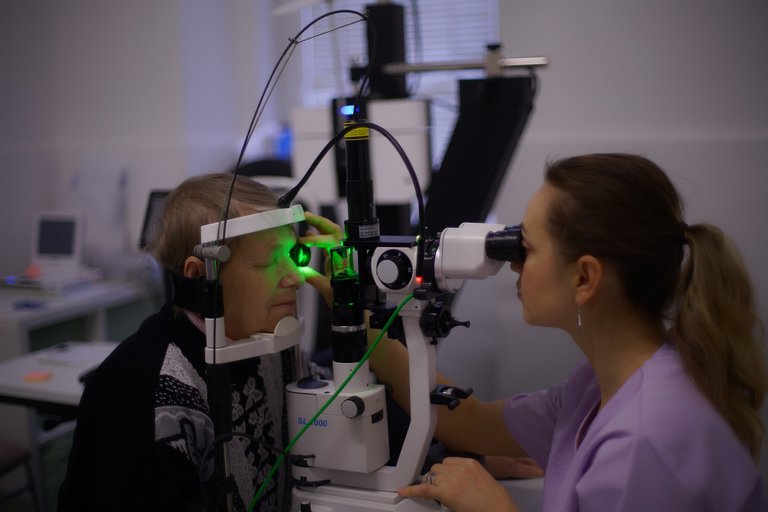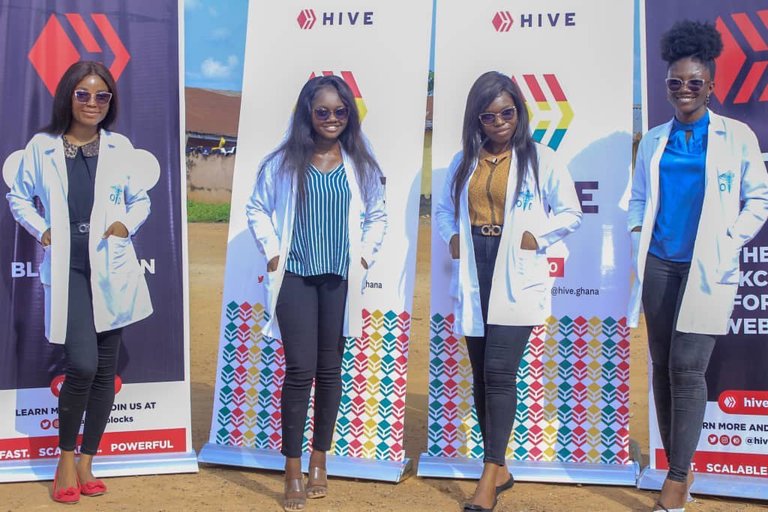Health Professionals Involved in Eye Health
Our eyes provide us with the priceless gift of seeing, serving as portals to the outside world. However, we sometimes take this invaluable sense for granted until issues develop. An essential component of general health is eye care, which includes a variety of specialists and practitioners committed to maintaining and improving eyesight. We dig into the field of eye care in this thorough guide, examining the medical specialists involved and their vital roles in preserving the best possible eye health.

Let's first examine why eye care is so important before getting into the intricacies of eye care specialists. Because they are intricate organs, our eyes are prone to a wide range of illnesses and disorders that can impair vision. The range of eye problems is wide, ranging from mild refractive errors like myopia and hyperopia to more serious conditions like glaucoma and macular degeneration. To avoid vision loss and maintain eye health, prompt detection and treatment are crucial.
Frequent ocular examinations are essential for early detection and treatment. These tests detect possible problems before they become more serious by evaluating the general health of the eyes in addition to visual acuity. Furthermore, maintaining a balanced diet full of nutrients that are beneficial to the eyes, wearing protective eyewear, and practicing basic hygiene are all examples of lifestyle changes that are part of comprehensive eye care beyond clinical appointments.
The subject of eye care is diverse, with many different experts and professionals playing different roles and possessing different areas of competence. Let's examine the important members of the eye care team and what they have contributed:

Ophthalmologist: Physicians who specialize in treating and operating on the eyes are known as ophthalmologists. They identify and manage a broad spectrum of ocular disorders, ranging from minor refractive mistakes to intricate illnesses necessitating surgical intervention. Ophthalmologists complete rigorous training, which includes residency, medical school, and frequently fellowship programs, in order to specialize in conditions like glaucoma, cornea, or retina. Their ability to conduct surgical operations such as LASIK, retinal detachment repair, and cataract extraction makes them indispensable in the management of both urgent and routine eye care needs.
Optometrist: Specializing in refractive error repair and vision care, optometrists are the primary eye care professionals. In order to determine visual acuity, prescribe corrective lenses, and identify prevalent illnesses like conjunctivitis and dry eye syndrome, they perform thorough examinations of the eyes. Additionally, optometrists are essential in identifying systemic health problems like diabetes and hypertension that have ocular manifestations. Optometrists work closely with ophthalmologists, although they do not do surgery; when needed, they send patients for specialized care.
Optician: Trained technicians, optometrists and ophthalmologists recommend corrective lenses, which opticians fit and dispense. They help patients choose the right eyewear, understand prescription instructions, and make sure frames and lenses are fitted and adjusted correctly. In order to maximize visual comfort and performance, optometrists can also offer advice on lens composition and coatings. Their specialty is in comprehending optical principles and fitting patients with custom-made eyewear that suits their individual requirements and preferences.
In the field of ophthalmology, a heterogeneous group of medical specialists works together to protect and enhance vision. Each member of the team, from ophthalmologists who execute complex surgeries to optometrists who prescribe corrective lenses and opticians who guarantee proper fitting, is essential to maintaining eye health and improving quality of life. People may prioritize and keep their best vision for years to come by making educated decisions about their eye care needs after learning about the responsibilities and contributions of these specialists. Recall that doing preventative eye care now will guarantee better vision tomorrow.

Hi there, my name is Dr. Ivy Donkor, a resident optometrist at Ridge Hospital in Accra, Ghana, i am a health advocate and a newbie to the hive blockchain. I love music, I love God and I love health. My Hobbies include watching movies, reading novels, and reading medical journals, i feel privileged to serve on the medical team for the Hive Ghana project and I look forward to having a great time here. Thanks for reading, see you soon, have a good time.
Congratulations @ephyuavee! You have completed the following achievement on the Hive blockchain And have been rewarded with New badge(s)
Your next target is to reach 400 upvotes.
You can view your badges on your board and compare yourself to others in the Ranking
If you no longer want to receive notifications, reply to this comment with the word
STOPCheck out our last posts:
Thanks for your contribution to the STEMsocial community. Feel free to join us on discord to get to know the rest of us!
Please consider delegating to the @stemsocial account (85% of the curation rewards are returned).
You may also include @stemsocial as a beneficiary of the rewards of this post to get a stronger support.